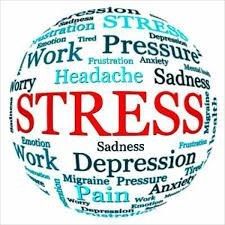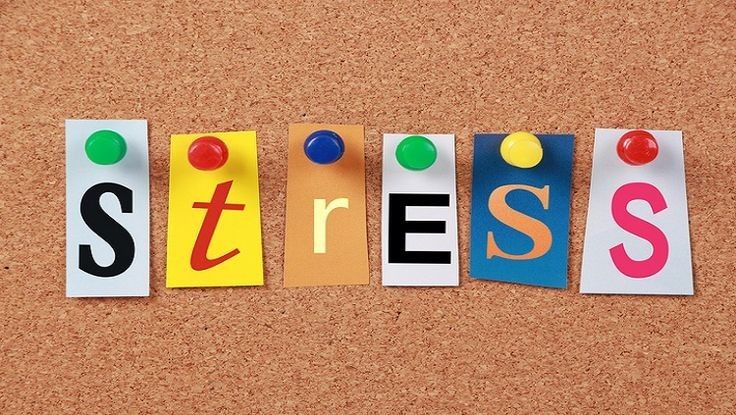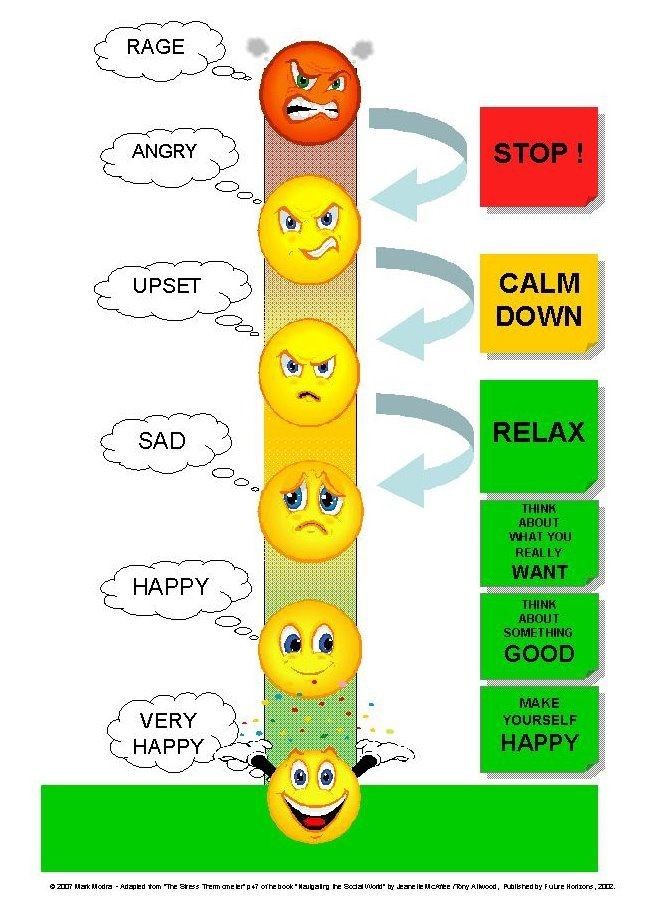What's Stress?
Mar 15, 2019 • 16 views
In our everyday life we come across various events that requires our attention, our perception and an expected way of behaviour/response.
Sometimes the situations may favour us and sometimes they may not. If it’s a favourable situation, we tend to accept it even without realising it and if it’s not a favourable one we ponder over the situation in a negative manner and this makes it difficult for us to accept it. This also causes us to lose focus on the accepted things/situations.
What is this negative impact of the situation on us?
Why does it so happen?
Is it normal?
Does it have a name?

Well, this negative impact on us is called Stress. It is recurrent, can be considered normal yet it is still in the negative context.
So what is this Stress?
To define simply, In a medical or biological context stress is a physical, mental, or emotional factor that causes bodily or mental tension.

Stress is caused by the mental tension created in the mind with concern to the occurred or occurring situations, which also affects physically.
Stresses can be external (from the environment, psychological, or social situations) or internal (illness, or from a medical procedure). Stress can initiate the "fight or flight" response, a complex reaction of neurologic and endocrinologic systems.

Life would be very simple if all of our needs were automatically satisfied. In reality, many hurdles, both personal and environmental, get in the way. A promising corporate life would be brought down by an injury; a long term relationship may be cast down by just a single reason; the amount of money may not be sufficient to provide for the family etc., This is life & its demands.
The demands of life require that we adjust. When we experience or perceive challenges to our physical or emotional well-being that exceed our coping abilities, the psychological condition that results is referred to as stress.
The external demands of life are called as stressors, the effects they create is called as stress.
The stress is not only negative but also positive sometimes.
The causes of stress need not always be under the negative context. For example, the stress caused due to the death of a loved one or loss of property is the bad/negative stress (distress); the stress caused at positive situations such as a wedding or a love proposal is the positive stress (eustress). Both kinds of stress requires a person’s coping skills. Although, distress typically has the potential to do more damage.

There are three types of stress:
1. Acute stress:- which is usually brief. Acute stress is more common mainly due to negative thoughts about occurred or upcoming situations, events or demands in the near future.
Effects of acute stress:
a) Transient Emotional Stress- some combination of anger or irritability, anxiety and depression.
b) Transient Muscular Distress- headache, back pain, neck pain, jaw pain etc.,
c) Elevated blood pressure, hypertension, rapid heartbeat, sweaty palms, dizziness, coldness of breath, migraine etc.,
d) Bowel problems, gut problem, transient stomach, heartburn, diarrhoea, constipation.
Acute stress can be present with anyone, but it is treatable and highly manageable.
However, repeated acute stress can be proven harmful and may lead to a lot of other problems.
2. Episodic Acute Stress- People who have recurrent acute stress or repeated triggers of stress at short intervals are know to have episodic acute stress.
People with frequent encounters with stress tend to lead a life full of chaos and are always in a rush or fury. They tend to take up many responsibilities, stress out about the same and cannot stay organized with so many time demands.
Effects of episodic acute stress-The signs and symptoms are similar to those of acute stress. In addition to that, cognitive distress- compromised attention, poor concentration, compromised learning and performance speed & mental fatigue; interpersonal relationships deteriorate, the workplace becomes stressful; immune system is compromised, proneness to flu, cold, allergies etc.,
Episodic acute stress leads to more pronounced health issues such as, high blood pressure and heart disease, and irritable bowel syndrome (IBS).
3. Chronic stress- Chronic stress is the most harmful type of stress. If chronic stress is left untreated over a long period of time, it can significantly and often irreversibly damage your physical health and deteriorate your mental health.
For example, long term poverty, childhood abuse, toxic relationship with parents/spouse, unemployment etc.,
Chronic stress can also creep in when a person feels hopeless and cannot find a solution to his/her problems.
Effects of Chronic stress- When a person has chronic stress his behavioural pattern is affected which leads to conflicts within, and also causes a threat to interpersonal relationships.
Individuals with Chronic stress can experience physical and mental breakdown which leads them to suicide, violent behaviour, heart attacks, psychosis & strokes.

Chronic stress is like a never ending loop. It kills the person everyday. But it can be managed and is treatable.
Stay tuned to know how to deal with stress.
